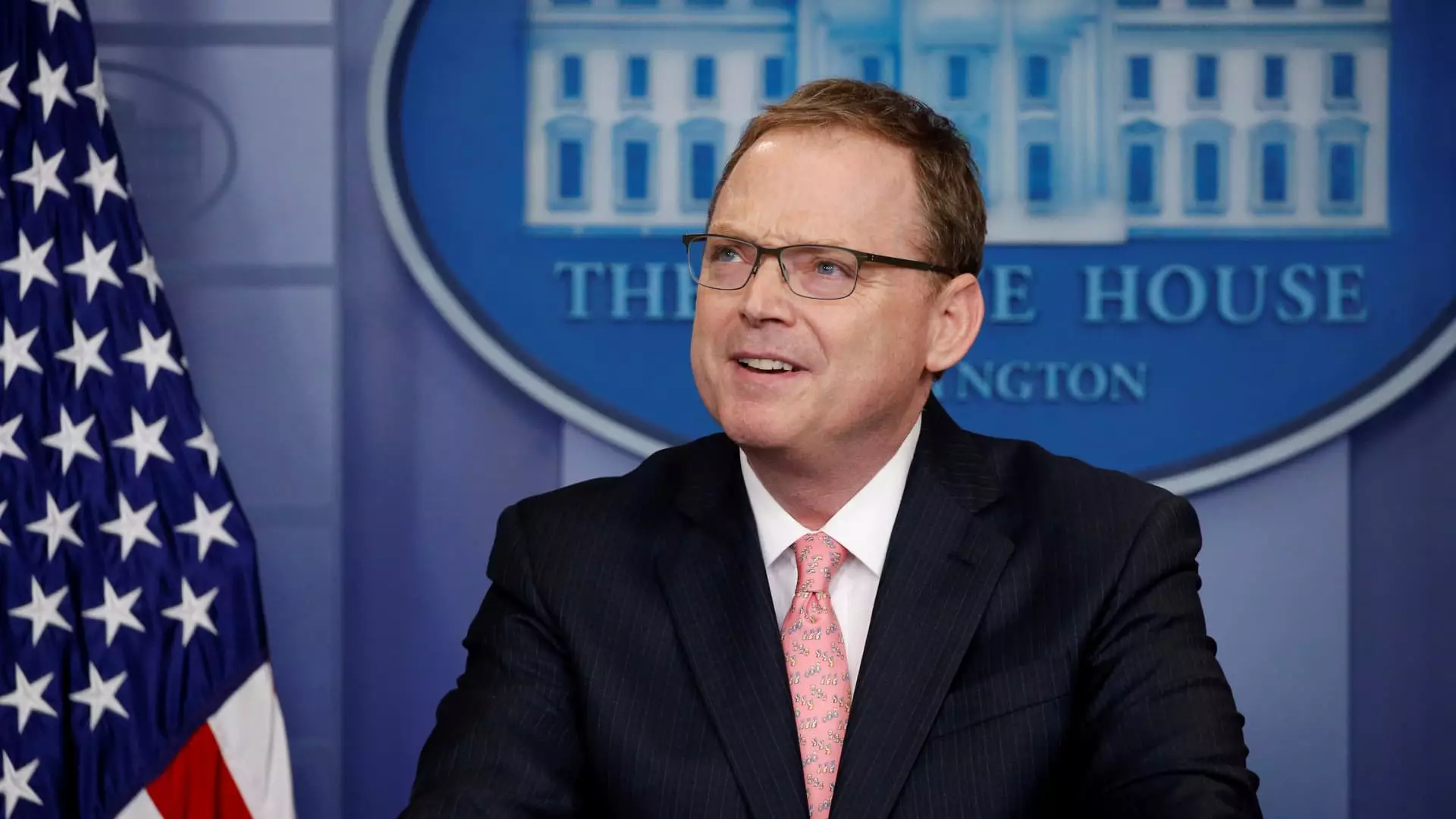With President-elect Donald Trump strategically assembling his economic team, the appointment of Kevin Hassett to lead the National Economic Council underscores the administration’s intent to tackle a myriad of pressing economic issues. From trade to tax reforms and deregulation, Hassett’s leadership will be critical as he prepares to navigate a complex economic landscape, which includes ongoing tensions with global trading partners.
The Role of Kevin Hassett
Kevin Hassett is no stranger to the intricacies of economic policy. Having previously served as the chairman of the Council of Economic Advisers during Trump’s first administration, he advocates for pro-corporate policies and has been a staunch supporter of significant tax cuts for businesses. Hassett’s return to a prominent economic role reflects Trump’s preference for experienced voices amid an administration focused on aggressive economic maneuvers. As Trump prepares for his inauguration on January 20, it is clear that Hassett’s fiscal strategies will play a central role in defining the administration’s economic philosophy.
One of the most contentious areas where Hassett will have influence is trade policy. Trump recently announced intentions to impose an additional 10% tariff on all Chinese imports and a 25% tariff on products from Mexico and Canada. This approach suggests a shift away from the regional free trade agreements that have traditionally governed North American commerce. Citing issues such as illegal immigration and drug trafficking, Trump’s tariffs aim to reshape the economic relationship the U.S. maintains with its neighbors, potentially sparking retaliatory measures that could disrupt market stability.
Hassett’s appointment does not exist in a vacuum; it must be viewed in the context of Trump’s broader economic strategy and his inclination towards protectionism. The former scholar at the American Enterprise Institute, a think tank known for its conservative approach to fiscal policy, Hassett is expected to support aggressive reform initiatives. The synergy between Hassett and other appointees, like U.S. Trade Representative Jamieson Greer, will be crucial as they move forward to shape an economic agenda that may challenge established trade norms.
The Path Forward: Challenges and Expectations
As Trump sets his sights on potential cabinet members, notably, Scott Bessent for Treasury Secretary, the economic policies discussed and implemented during this administration will likely be aggressive, prioritizing American businesses while also navigating international commitments. The challenges that lie ahead for Hassett and his team will not only include reconciling trade tensions but also managing the domestic economic environment, which remains fragile in the wake of the pandemic and inflationary pressures.
Kevin Hassett’s role at the National Economic Council stands as a pivotal component of Trump’s renewed economic vision. His returning influence suggests a continuity of the previous administration’s approach, particularly in trade, and sets the stage for profound changes in U.S. economic policy. As the administration gears up, the effectiveness of these strategies remains to be seen.

